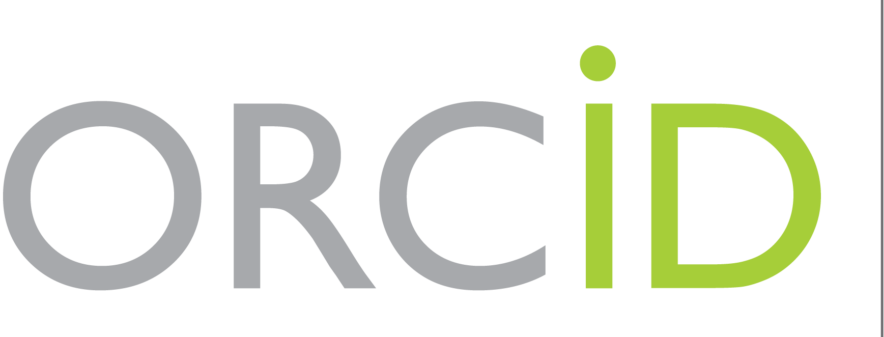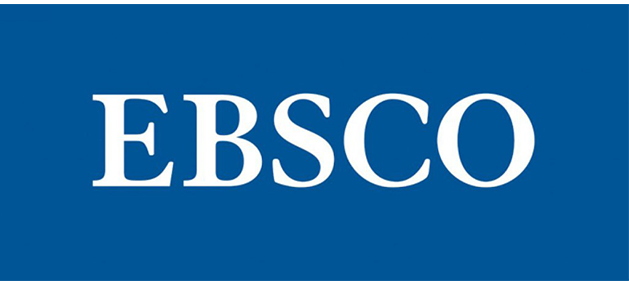ORGANISATIONAL RESILIENCE AND BUSINESS CONTINUITY: THEORETICAL AND CONCEPTUAL FRAMEWORK
Keywords:
Small and medium-sized enterprises organizational resilience, building resilience, globalizationAbstract
In this paper is presented a theoretical and conceptual framework of the organizational resilience and business continuity. The framework builds on various sources of literature and on findings from complexity theory that highlights the centrality of unforeseen events and unanticipated consequences. Understanding the way organizations are resilient in the real world is crucial for thinking about developing strategies to enhance their resilience. This paper showed that the study of resilience has become more important in the last several years because people are more aware of the consequences of natural and humanmade disasters.
References
Pugh D. (1978). Understanding and managing organization change. London Business School Journal 3(2):29–34.
IPCC, (2007). Impacts, Adaptation and Vulnerability. Contribution of Working Group II to the Fourth Assessment Report of the Intergovernmental Panel on Climate Change [Parry, M.L., O.F. Canziani, J.P. Palutikof, P.J. van der Linden, and C.E.
Yohe, G. and R.S.J. Tol, (2002). Indicators for social and economic coping capacity – moving toward a working definition of adaptive capacity. Global Environmental Change, 12(1), 25-40.
Armitage, D., M. Marschke, and R. Plummer, (2008). Adaptive co-management and the paradox of learning. Global Environmental Change, 18, 86-98.
Moser, S.C., (2009). Whether our levers are long enough and the fulcrum strong? Exploring the soft underbelly of adaptation decisions and actions. In: Adapting to Climate Change: Thresholds, Values, Governance [Adger, W.N., I. Loronzoni, and K. O’Brien (eds.)]. Cambridge University Press, Cambridge, UK, pp. 313-343.
Pettengell, C.,(2010). Climate Change Adaptation: Enabling People Living in Poverty to Adapt. Oxfam International Research Report, Oxfam International, Oxford, UK.
Pahl-Wostl, C., (2009). A conceptual framework for analysing adaptive capacity and multi-level learning processes in resource governance regimes. Global Environmental Change, 19(3), 354.
van Kerkhoff, L. and L. Lebel, (2006). Linking knowledge and action for sustainable development. Annual Review of Environment and Resources, 31,445-477. van Niekerk, D., 2007: Disaster risk reduction, disaster risk management and disaster management: Academic rhetoric or practical reality? Disaster Management South Africa, 4(1), 6.
List, D., (2006). Action research cycles for multiple futures perspectives. Futures, 38, 673-684.
Kolb, D.A., (1984). Experiential Learning: Experience as the Source of Learning and Development. Prentice-Hall, Englewood Cliffs, NJ.
Mezirow, J., (995). Transformation theory in adult learning. In: In Defense of the Life World [Welton, M.R. (ed.)]. State University of New York Press, Albany, NY, pp. 39-70.
Crichton, D. (2006) Climate change and its effects on small businesses in the UK. London: AXA Insurance UK.
Taipei Computer Association (2014),Is your company ready for the new norm?. High Level Policy Dialogue on Resilient SMEs for Global Supply Chains, Taichung Taipei, 24 March 2014.
Ballesteros,М. and Domingo,С.(2015), Building Philippine SMEs Resilience to Natural Disasters. Philippine Institute for Development Studies.
Gallopín, G.C.,(2003). Box 1. A systemic synthesis of the relations between vulnerability, hazard, exposure and impact, aimed at policy identification. In: Handbook for Estimating the Socio-Economic and Environmental Effects of Disasters. Economic Commission for Latin American and the Caribbean, LC/MEX/G.S., Mexico, pp. 2-5.
Mallak, L., 1999. Toward a theory of organizational resilience. In: Portland International Conference on Technology and Innovation Management. PICMET. Portland, OR: IEEE.
Patterson, E.S., et al., (2007). Collaborative cross-checking to enhance resilience. Cognition, Technology & Work, 9, 155–162.
Vogus, T.J. and Sutcliffe, K.M. (2007). Organizational resilience: towards a theory and research age da. IEEE Conference on Systems, Man and Cyb
Burnard, K., & Bhamra, R. (2011). Organisational resilience: Development of a conceptual framework for organizational responses. International Journal of Production Research, 49(18), 5581–5599
Radović-Marković,M . (2008) .Managing the organizational change and culture in the age of globalization, Journal of business economics and management, Taylor & Francis Group,Vol. 1 ,pp .3-11. http://www.tandfonline.com/doi/pdf/10.3846/1611-1699.2008.9.3-11 (Retrived: January 14, 2017.)
Taipei Computer Association (2014), Is your company ready for the new norm?. High Level Policy Dialogue on Resilient SMEs for Global Supply Chains, Taichung Taipei, 24 March 2014.
Radović Marković, M., Shoaib Farooq, M., Marković, D., (2017). Strengthening the resilience of small and medium-sized enterprises. У: TAKÁCS, István (ur.). Management, enterprise and benchmarking in the 21st century IV: "Global challenges, local answers". Budapest: Óbuda University, 2017, str. 345-356, graf. prikazi, tabele. http://ebooks.ien.bg.ac.rs/1119/1/meb.pdf.
McManus, S. T. (2008). Organisational resilience in New Zealand. University of Canterbury, Christchurch.
Downloads
Published
How to Cite
Issue
Section
License

This work is licensed under a Creative Commons Attribution 4.0 International License.
http://creativecommons.org/licenses/by-nc-nd/4.0














